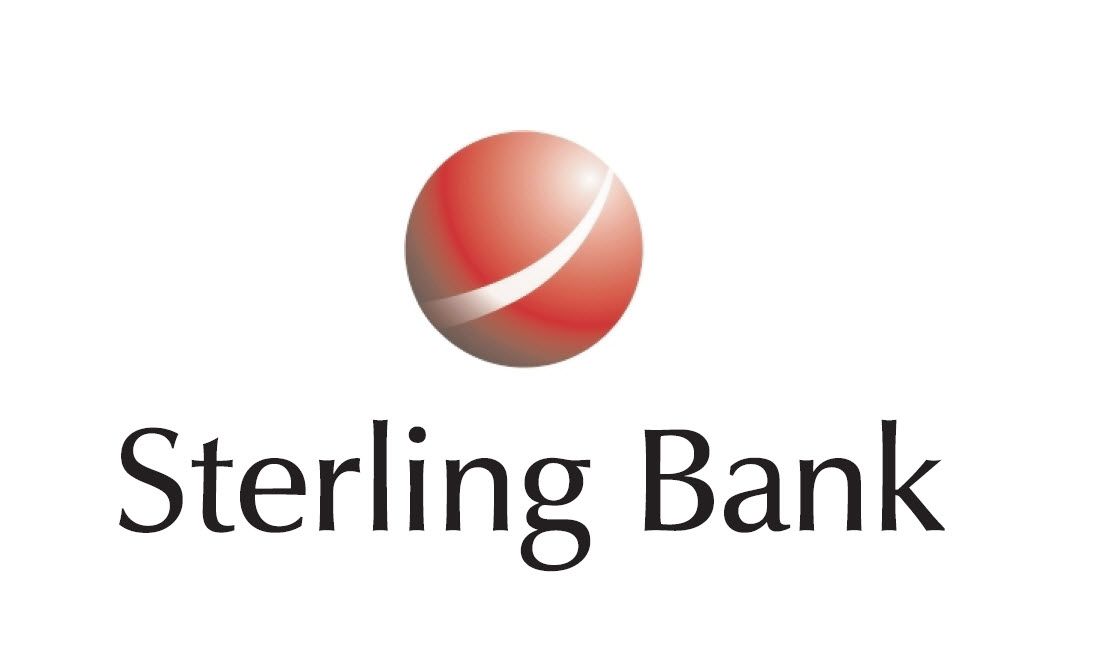Sterling Bank Signs TIA to Acquire ETB
The future of Equitorial Trust Bank (ETB) – one of the 10 banks bailed out by the Central Bank of Nigeria (CBN) in 2009 – was settled yesterday, with its acquisition by Sterling Bank Plc.
Of the four rescued banks yet to find merging partners, only ETB was spared by the CBN. Three others – Afribank, Spring Bank and Bank PHB – were liquidated by the Nigeria Deposit Insurance Corporation (NDIC) last Friday, following their inability to make progress in their recapitalisation. The NDIC said ETB was spared because it had made much progress in its recapitalisation.
The Sterling Bank and ETB deal, according to sources, has won the backing of the ETB board and Chief Mike Adenuga, the billionaire founder of the bank.
The duo have signed a Transaction Implementation Agreement (TIA), which reflects the main commercial terms of reference on which agreement has been reached in principle by the boards of both financial institutions in close consultation with the Asset Management Company of Nigeria (AMCON).
It was also gathered that the CBN was privy to the negotiations. The transaction is expected to be presented to shareholders, CBN, Federal High Court, Nigerian Stock Exchange (NSE) and Securities and Exchange Commission (SEC).
The deal is the fifth to reach an advanced stage among the rescued banks.
Finbank Plc, Intercontinental Bank Plc, Oceanic Bank Plc and Union Bank of Nigeria Plc have signed similar agreements with potential buyers.
Sterling Bank – one of the banks that survived the joint stress test by the CBN and NDIC in 2009 – until recently, was considered an attractive partner for foreign financial institutions looking to leapfrog an entry into Africa’s fastest growing financial services market. The development ends speculations on the bank’s strategic growth options as it finally opts for domestic consolidation over foreign dominance.
Since the CBN’s intervention, the future of ETB, long considered unique because of its binding relationships with businesses linked to its major shareholder in the mobile telephony, real estate and telecoms sectors, has been less obvious. While a few other rescued banks had significant majority shareholders, none had such a close dependence on trading entities connected to a single shareholder for customer volume. This has made the ETB founder’s buy-in to any deal vital for potential acquirers.
Sources privy to the transactions said: “The Sterling Bank-ETB talks are being driven by clear strategic considerations on the post-deal benefits for both sides, in contrast, what we have seen in some other discussions, where one party in negotiations seems to have been the involuntary acquiescent partner. The urgency introduced by the NDIC’s takeover of three institutions aside, this is a very well thought out deal that would yield impressive returns on equity for years to come.’”
While the financial terms of the deal are yet to be disclosed, analysts expect that the TIA will move to a substantive agreement without the distractions of litigation filed by a minority shareholder. ETB is privately held and is not listed on the NSE. For Sterling Bank’s shareholders, it is widely expected that they would welcome the deal as an historic opportunity to substantially scale up its assets and operations, in addition to benefiting from the cost savings to be derived from the merger’s synergies.
Commenting on the deal, Managing Director, Financial Derivatives Company Limited, Mr. Bismarck Rewane said it would be of tremendous benefit to both parties, the stock market and the shareholders.
Nation






